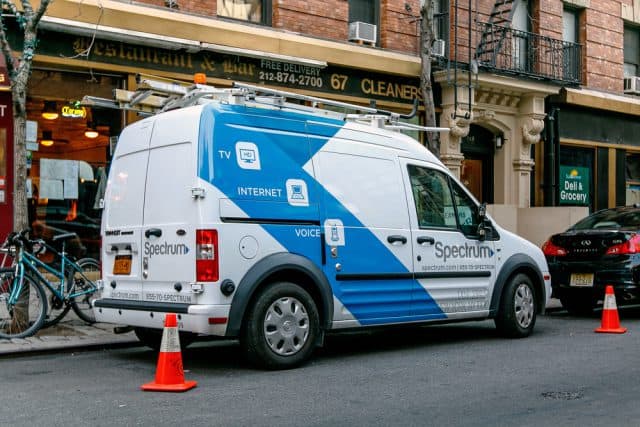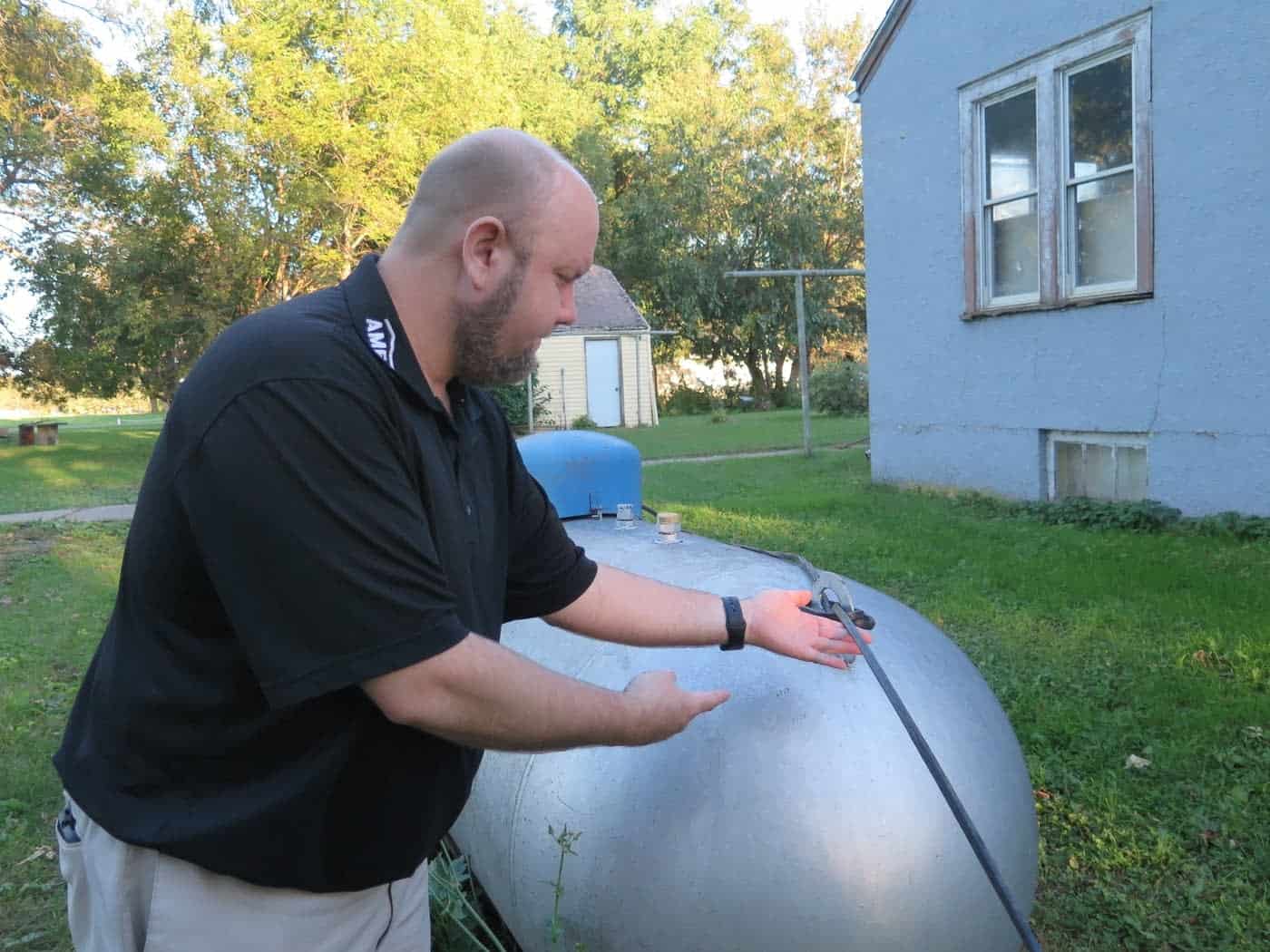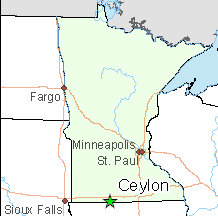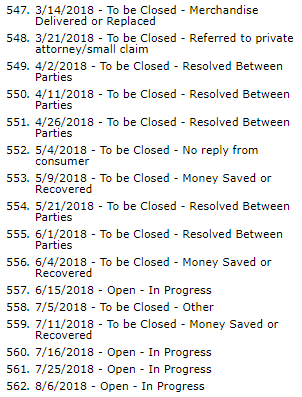 Ralph Romano is still on hold with Charter Spectrum, waiting to report an outage that began late Sunday evening in his apartment in the Jamaica, Queens neighborhood.
Ralph Romano is still on hold with Charter Spectrum, waiting to report an outage that began late Sunday evening in his apartment in the Jamaica, Queens neighborhood.
“You sit on hold for an hour and then the call disconnects, which is exactly the kind of treatment you know you are going to get from this shabby operation,” an angry Romano tells Stop the Cap! “I am 72 years old and ran my own business for 46 years. If I treated my customers the way this cable company does, I would have been out of business in 4-6 months. I don’t know how they did it but Spectrum is even worse than Time Warner Cable.”
Romano is one of dozens of customers reportedly experiencing a multi-day outage in Queens. For some, the outage takes out phone, internet and television service but for others, internet service is the worst affected.
Romano’s neighbor gave up on wasting her cell phone minutes on hold to report the outage. She took a taxi to the Spectrum Store in Elmhurst and then waited over 90 minutes before someone called on her.

NYC rats are not to be trifled with. This one is taking a slice home on the subway.
“I just wanted to report the outage, not turn in equipment or pay a bill, but the door greeter could care less,” Sandra e-mailed us. “They want your name and then they can’t be bothered. I watched people come in after me get called up to pay their bill, sometimes with a sack of change spilled out on the table that took 15 minutes to count. It was infuriating. When they finally called me, I was helped by Mr. ‘I Don’t Care’ who wanted my account information, then said my cable box appeared to be fine. He never tested the internet modem, which is where the problem was. When I told him the whole building was out, he said he couldn’t take reports about other people and they would have to come down themselves to report the trouble. He gave me a $5 credit for service we still don’t have back. Useless.”
“We have a lot of elderly people in this building so they are not going to run down to Spectrum and wait for hours to report a problem that could be discussed over the phone,” Romano said.
Like several other buildings in Queens, there are no immediate alternatives. Although Verizon claims FiOS is available to the building where Romano lives, the only neighbor who ordered it waited two months for engineering work and then had his order summarily canceled without explanation. The building owner warned FiOS is not available because Verizon was unwilling to place its incoming cables in the appropriate conduit, which is rat-resistant.
“The rats, which can be fend off by companies like pest control green bay, around here eat anything, especially cables,” Romano said. “Everyone seems to know that except Verizon.”
Over in Kew Gardens, intermittent internet access from Spectrum is often a fact of life.

Espinal
“When it rains, the internet is gone,” says Ana López. “You might get 15 minutes worth of use, but then the cable modem light starts blinking and the service is just gone. We have called them at least 10 times, and the riff-raff they send out here couldn’t find their rear end with their hands. Since the strike, the people who knew what they were doing must be on the picket lines because the guys taking their place are scary stupid. One suddenly decided to replace some inside wiring, but he ended up ripping the cable out of the wall by mistake and tore up the plaster. One thing they did make sure to do was laugh when they cut the old Verizon (FiOS) cable the old tenants must have used and then let it fall inside the wall. The other guy accidentally dropped one of his tools into my aquarium.”
López has repeatedly told them the problem has to be outside because it does not rain inside her home, but the latest contractor she dealt with confided he doesn’t climb poles unless absolutely necessary because “he is afraid of heights. ¡Dios mío! I am not lying to you.”
Unsurprisingly, the technicians did not fix the problem. As the problems in Queens mount, Rafael Espinal, chairman of the Committee on Consumer Affairs and Business Licensing in the New York City Council, has set up his own website to take complaints about Charter Spectrum across the city. “FixMyCableNow.com” does not appear to forward complaints on to Spectrum, but angry and dissatisfied customers can get more responsive service for unresolved problems by filing an online complaint with the N.Y. Attorney General’s office.


 Subscribe
Subscribe Property owners in New Zealand may have to trim back or remove trees if they are proven to interfere with Wi-Fi or wireless broadband services in the neighborhood, according to an interesting High Court
Property owners in New Zealand may have to trim back or remove trees if they are proven to interfere with Wi-Fi or wireless broadband services in the neighborhood, according to an interesting High Court 


 Frustrated New Englanders that can’t get anywhere dealing with Comcast or Consolidated Communications’ customer service are getting fast fixes in New Hampshire by taking their complaints to the Consumer Protection and Antitrust Division of the attorney general’s office.
Frustrated New Englanders that can’t get anywhere dealing with Comcast or Consolidated Communications’ customer service are getting fast fixes in New Hampshire by taking their complaints to the Consumer Protection and Antitrust Division of the attorney general’s office.

 Comcast has dropped sports network beIN Sports off the lineup after its contract with the cable company expired July 31.
Comcast has dropped sports network beIN Sports off the lineup after its contract with the cable company expired July 31.